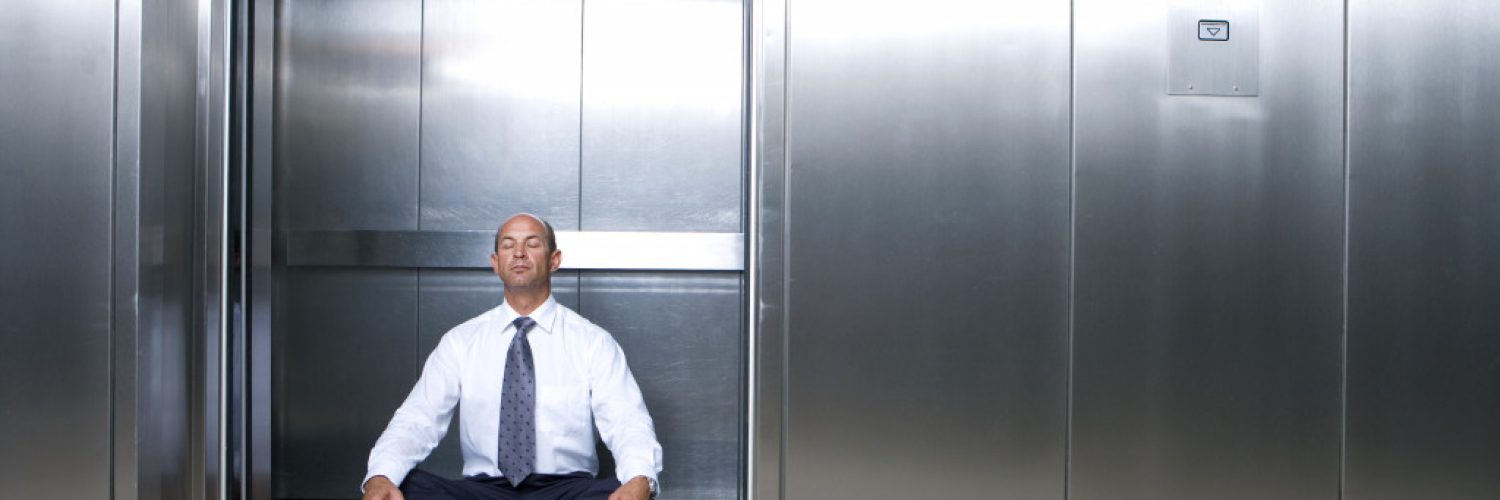
Some people have specific phobias or conditions that make everyday tasks more difficult. Claustrophobia, or the fear of being in small spaces, can be one of those conditions. It might not seem like a big deal to some people, but for those who suffer from it, claustrophobia can be a very real and debilitating problem.
According to statistics, claustrophobia affects about 12.5% of the population. If you’re afraid of small spaces, then it stands to reason that you would want to avoid them as much as possible. But sometimes, that’s not always possible. You might have to take a crowded elevator or fly on an airplane. And while you can try to prepare for these situations as much as possible, they can still be tough to deal with.
Another struggle people with claustrophobia often face getting medical diagnosis and treatment. Getting a doctor to take your condition seriously and going through tests or treatment can be even more challenging if it means being in a small space. This can be troublesome when getting the help you need.
Even simple tasks like going to the dentist can be a pain for someone with claustrophobia. Something as simple as getting a cleaning or having a cavity filled can be enough to trigger a panic attack.
If you have claustrophobia, know that you’re not alone. Millions of people worldwide suffer from this condition, and there are ways to manage it.
Preparing for Tricky Situations
There will be times when you will have to face your fear of enclosed places. One example is riding in an elevator. This can be a complicated task if you live in a tall building. But there are ways to prepare for such situations.
If you know you will have to ride in an elevator, try doing some deep breathing exercises beforehand. This will help you stay calm when you’re in the elevator. It’s also essential to have someone with you who you trust and who will help you stay calm. If possible, try to avoid being in the elevator alone.
Another example is flying on an airplane. If possible, try to get an aisle seat so you can have more space. And if you’re traveling with someone, let them know about your claustrophobia so they can help you through the flight.
Getting Through Medical Diagnostic Procedures
If you need to undergo medical diagnosis or treatment, let your doctor know about your claustrophobia. They may be able to prescribe medication to help you relax during the procedure or a sedative beforehand. You can even ask for other diagnostic options to ensure you’re not put in a small space.
For example, your doctor suspects you to have breast cancer and may require you to undergo Magnetic Resonance Imaging. This procedure usually requires you to go into a small, enclosed space for the experts to get clear images. If this is the case, you can try to request an open Magnetic Resonance Imaging.
Open MRIs don’t have a tiny, enclosed space, which can help make the procedure less triggering for you. This is one alternative for patients who have claustrophobia but still need to undergo such procedures. Your doctor can recommend the best places to get the imaging they need to help diagnose your condition. You only need to find a reputable outpatient radiology practice that offers quality diagnostic imaging services and has licensed radiologists in your area to get started.
Seeking Professional Help

Some people think they already have claustrophobia simply because they don’t like small spaces. But claustrophobia is more than just a dislike of small spaces. It’s a real and debilitating phobia that can make it laborious to function in day-to-day life. If you think you might have claustrophobia, the first step is to seek professional help.
A therapist can help you understand your condition and work with you to find ways to manage it. They may prescribe medication to help you cope if your claustrophobia is severe. It pays to get a professional to help you diagnose and treat your claustrophobia.
Put Your Focus on the Positive
Having claustrophobia often means that you’ll have to miss out on certain activities or opportunities. But it’s important to focus on the positive and not let your claustrophobia control your life. Try to find things you’re claustrophobic about that don’t involve small spaces.
For example, being in an elevator doesn’t have to be the only way you get to your office. If you’re afraid of being in small spaces, try taking the stairs instead. This will help you get some exercise and avoid being in a place that makes you anxious.
You can also try to find other activities you enjoy and schedule them for your week. This can help you take your mind off your claustrophobia and focus on something that makes you happy. Doing things that make you feel good can also help reduce your anxiety and stress overall.
Challenge Yourself
You may not be able to get rid of your claustrophobia completely, but you can learn to manage it. One way to do this is by challenging yourself. Try to do things that make you uncomfortable and work your way up from there.
Let’s say you’re afraid of being in an elevator. Start by riding the elevator alone for a short distance. Once comfortable with that, try going a little further each time. Slowly but surely, you’ll be able to ride elevators without feeling too anxious.
Remember that you may not be able to do everything at once. But by taking small steps, you’ll eventually overcome your claustrophobia.
Your irate fear can stop you from enjoying life’s simple pleasures. But you can take steps to manage your claustrophobia and live a normal, happy life. If you are unsure how to start dealing with your condition, know that you can use this list as your guide. It also helps to seek professional help to get started on the road to recovery.

